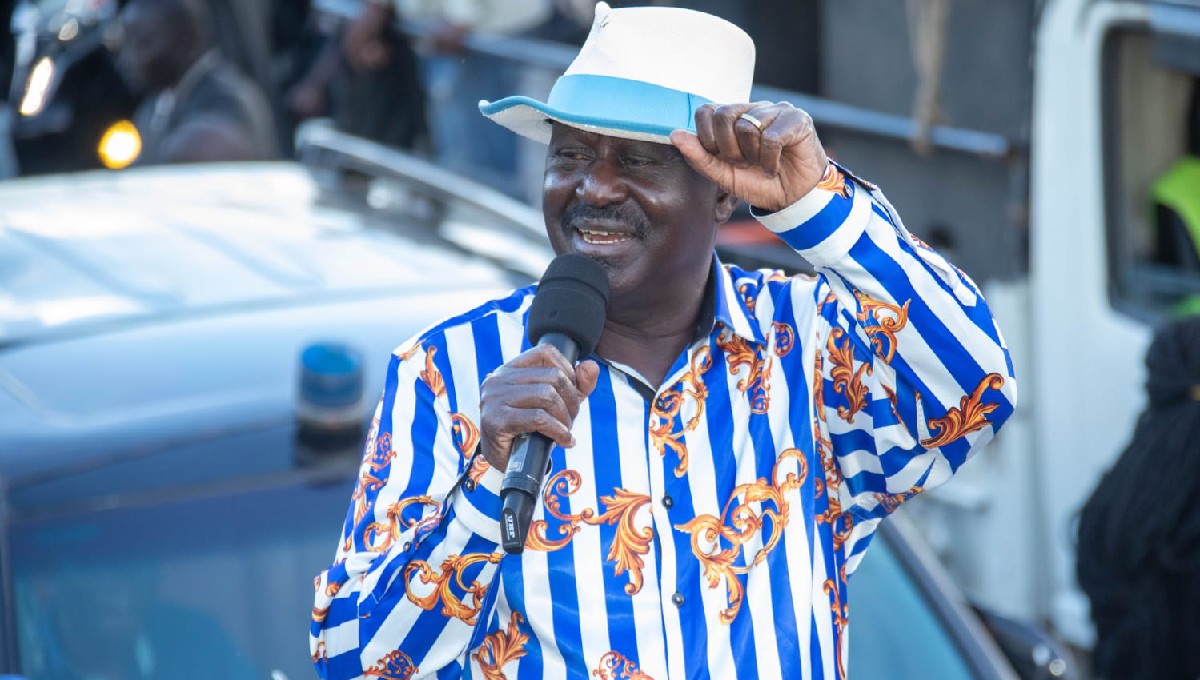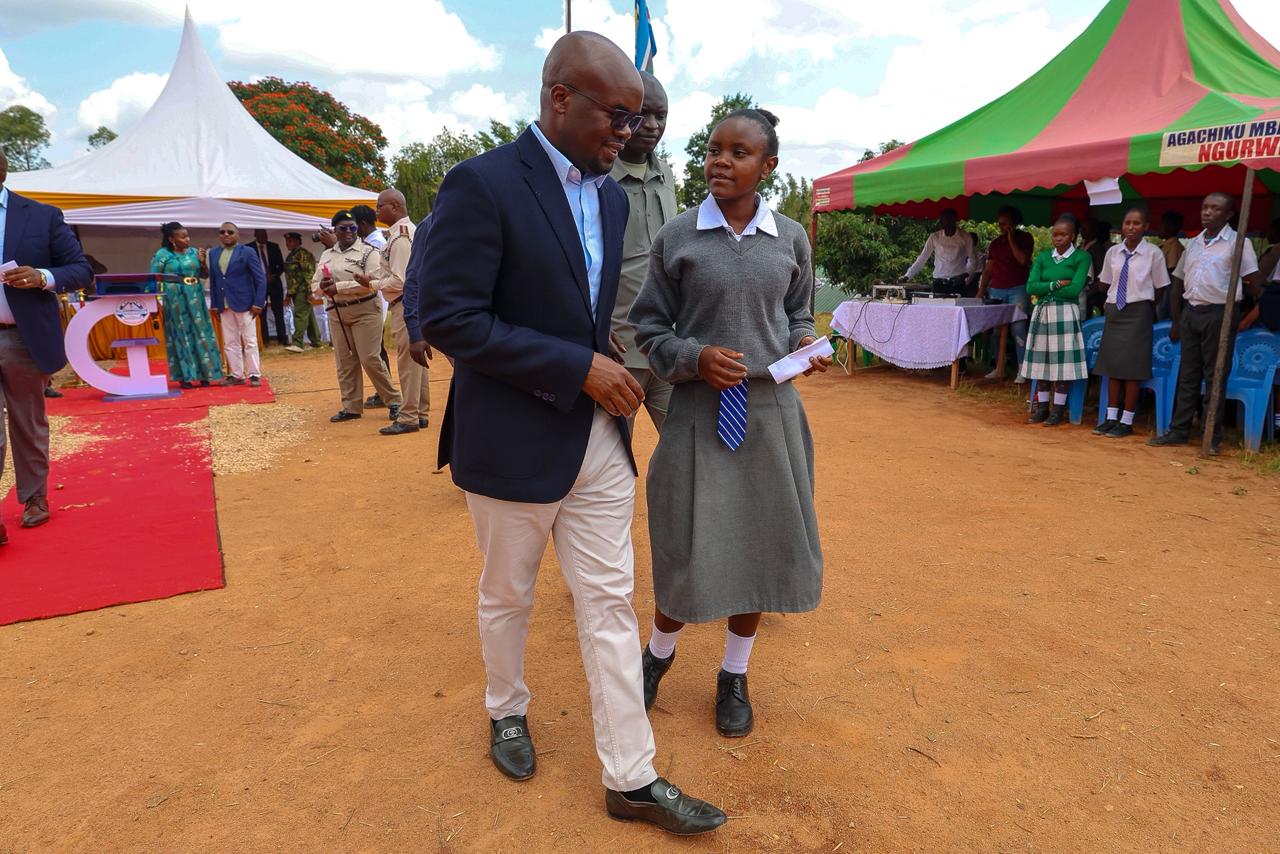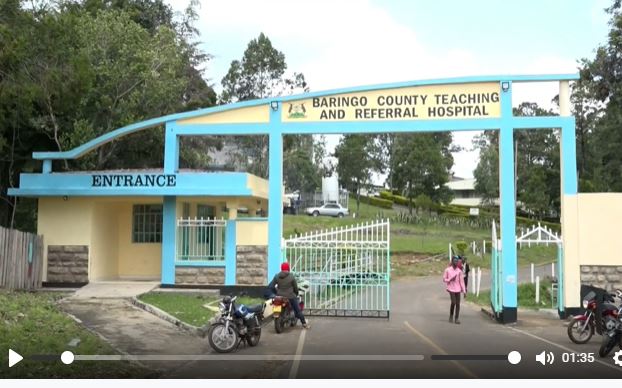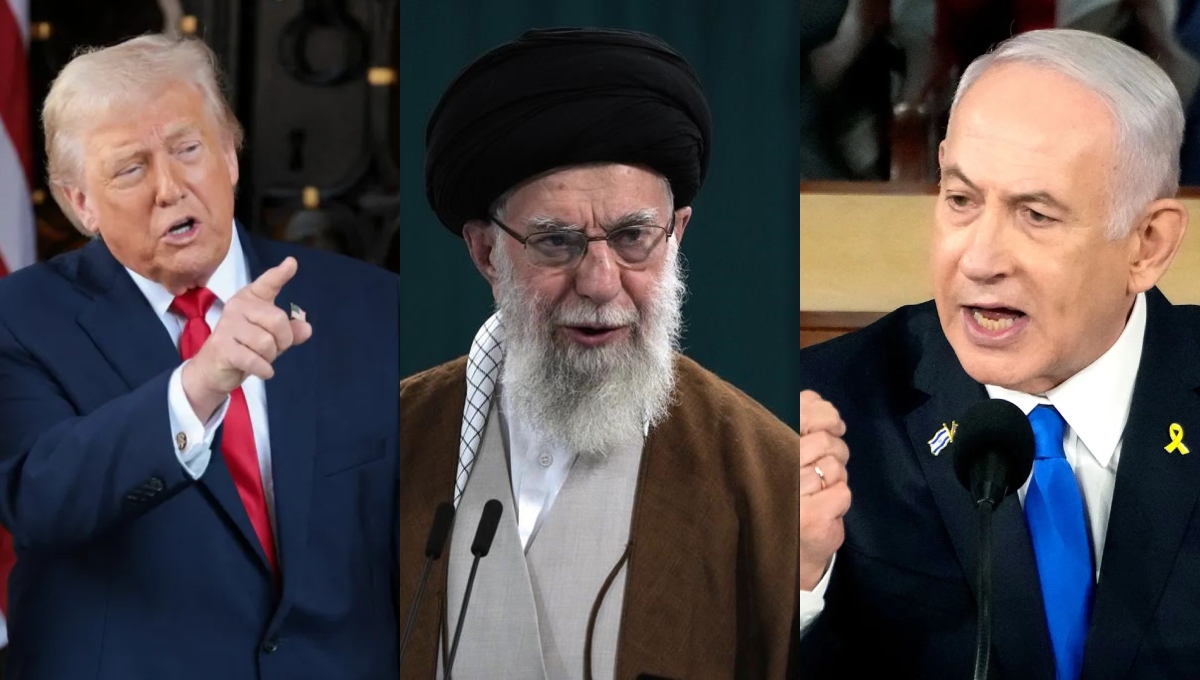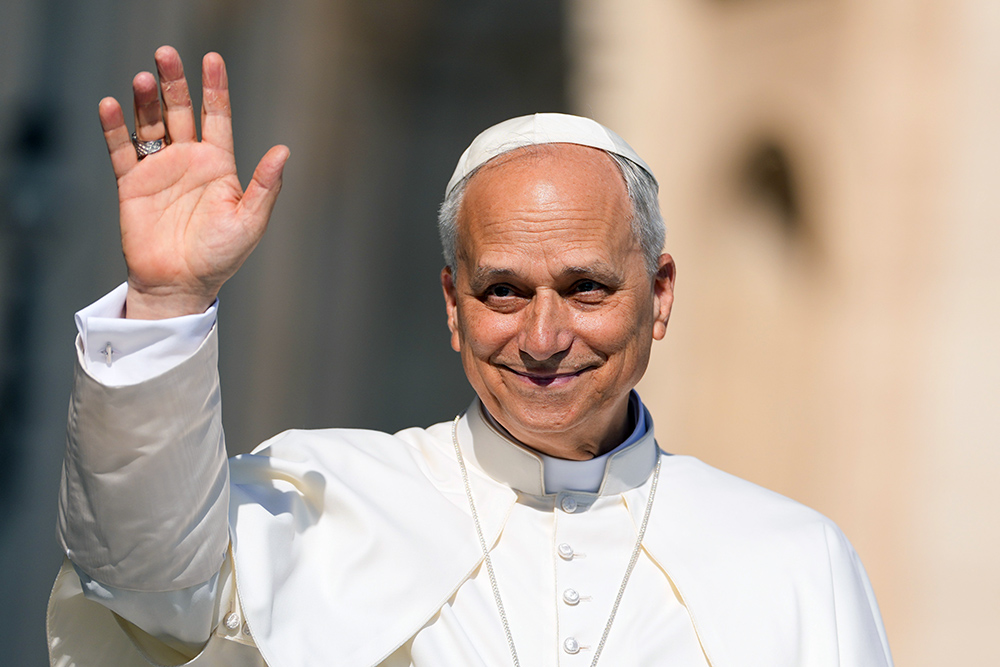The date July 7th is etched into Kenya’s history. At the heart of this history is opposition leader Raila Odinga, a man whose political journey is ever connected with the fight for multi-party democracy in 1990’s and to leading the recent national maandamano (demonstrations).
On July 7, 1990, Kenya was a one-party state under the former President Daniel Arap Moi and his KANU party. The country was suffocating politically when pro-democratic activists Kenneth Matiba and Charles Rubia announced a public rally at Kamukunji Grounds in Nairobi. The reason was to demand the restoration of multi-parties. Raila Odinga was a crucial part of this movement.
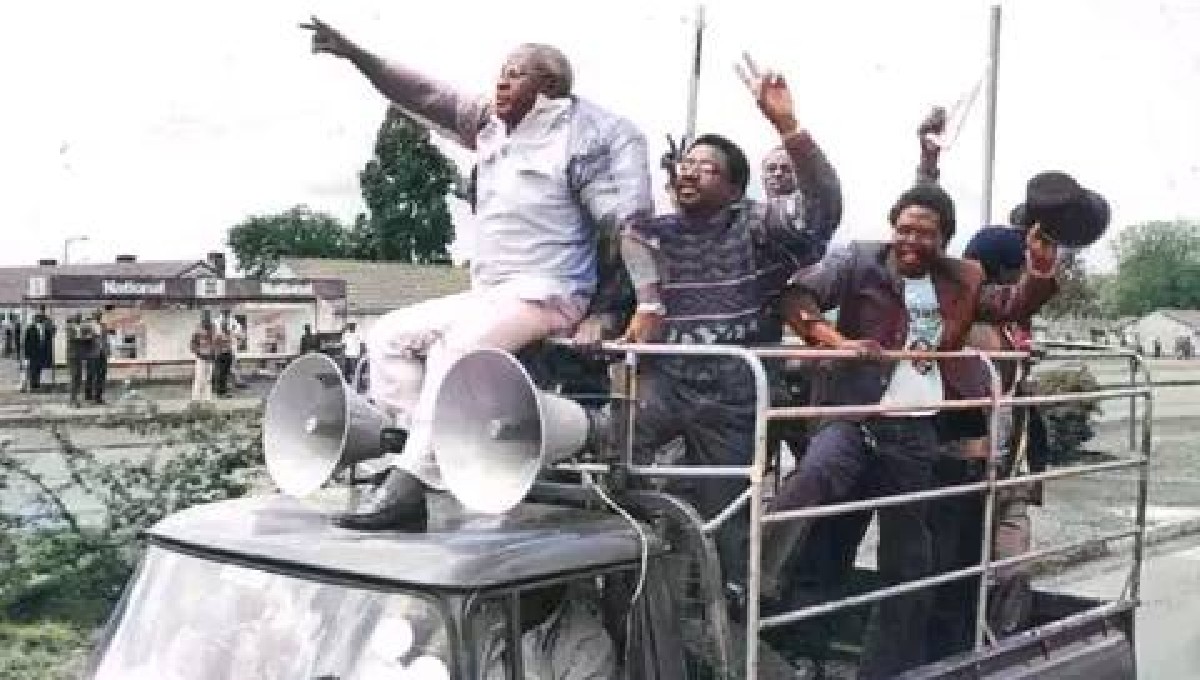
The government’s brutal response was to detain the key figures and ban the rally. Raila Odinga was arrested just days before the rally, along with Matiba, Rubia, John Khaminwa, Gitobu Imanyara, and George Anyona.
Despite the arrests or maybe because of them, the protests went on. Thought the rally was quashed, the spirit of defiance was ignited that day.
Saba Saba was a turning point that eventually forced the Moi regime to repeal the one-party rule in 1991. Raila Odinga suffered through multiple detentions and exile in his fight for democracy.
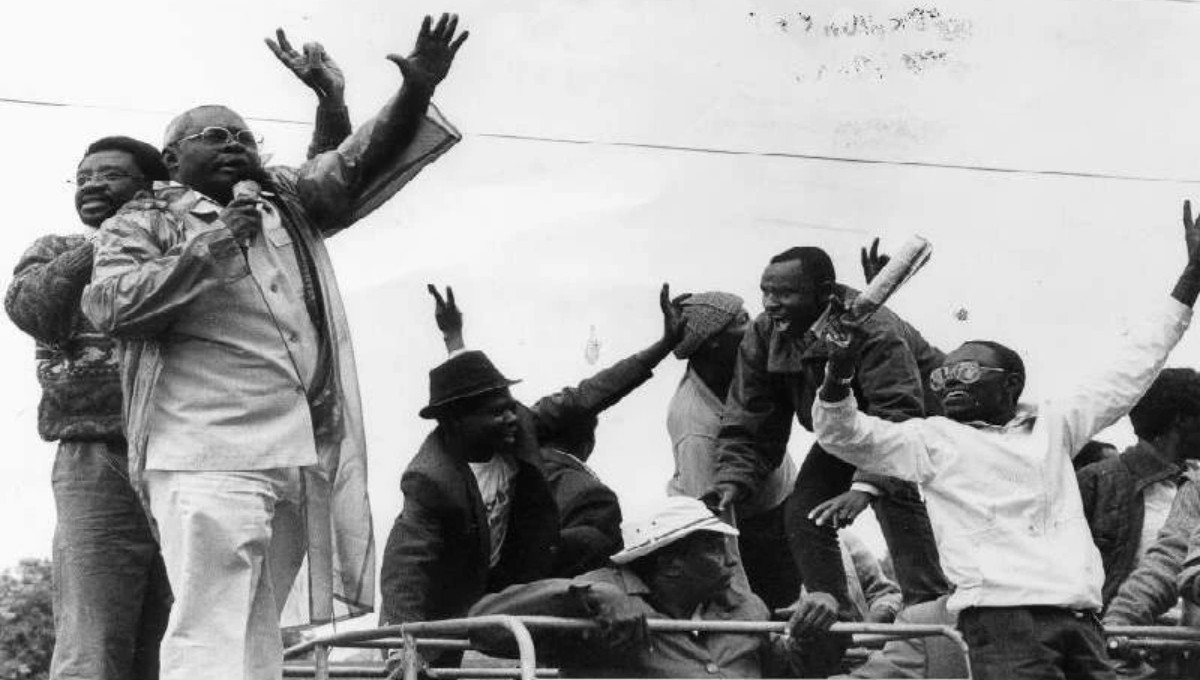
Over three decades later, the shadow of Saba Saba continues on through Raila Odinga’s political actions. As the leader of the Azimio la Umoja coalition, Odinga has repeatedly invoked the spirit of the 1990 struggle, using the July 7th date to rally Kenyans for mass protests. The underlying theme of Saba Saba protests remains the same: the quest for justice and accountability from the ruling party.
In these modern maandamano, Odinga positions himself as the inheritor and continuity of the Saba Saba legacy. By anchoring contemporary protests in this historic date, he draws a direct line from the democracy struggles of the past to the socio-economic and political challenges of the present, framing his actions as a necessary continuation of the “Second Liberation.”
Raila Odinga’s commitment to using public protests to pressure the state was a tactic he learned and employed during the dark days of 1990. Saba Saba is not just a day of remembrance but of activism in Kenya’s democracy.


